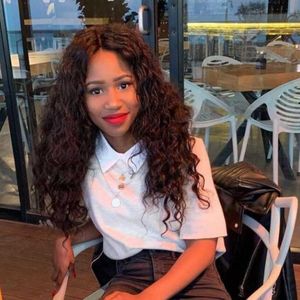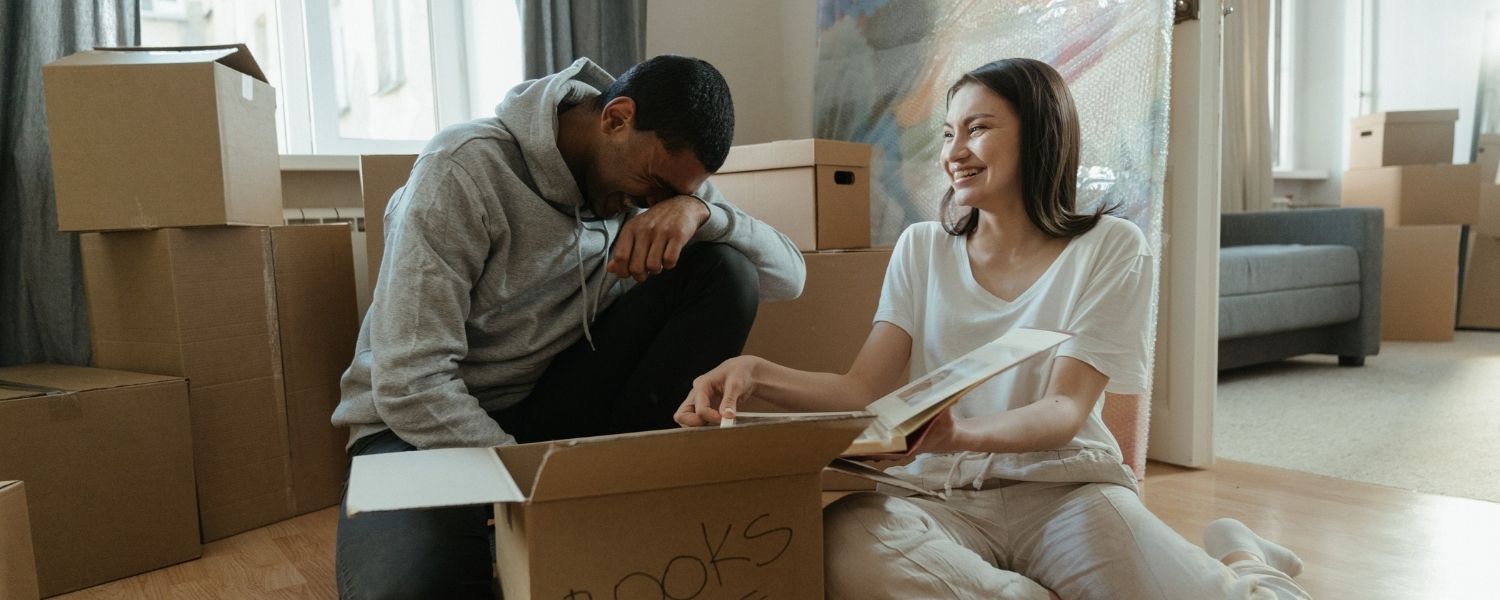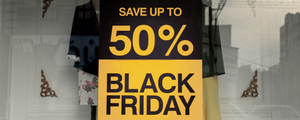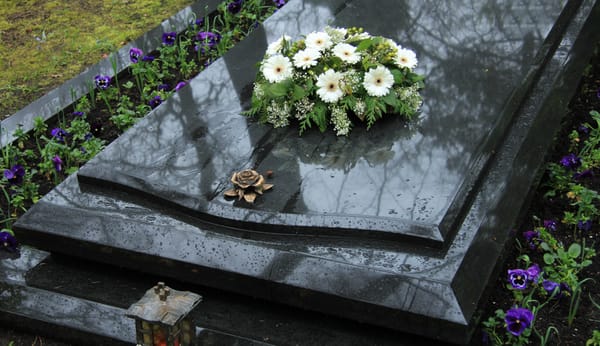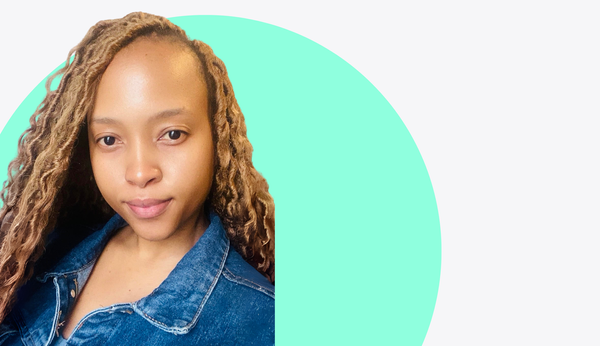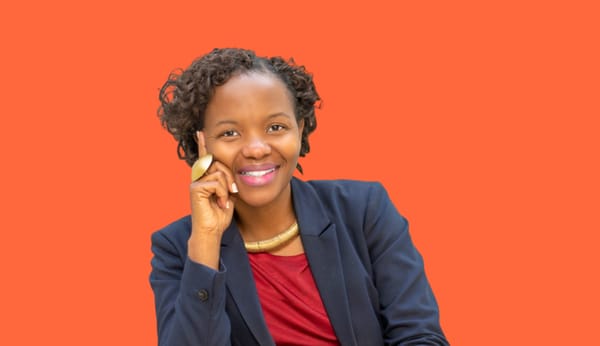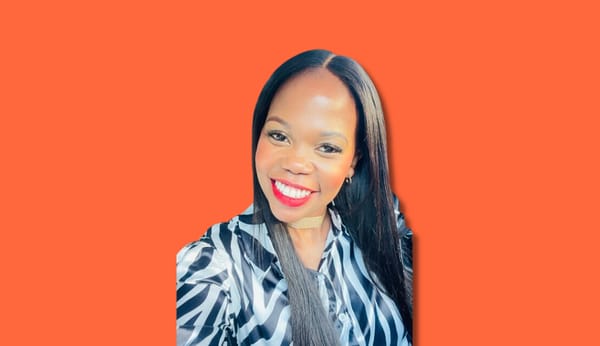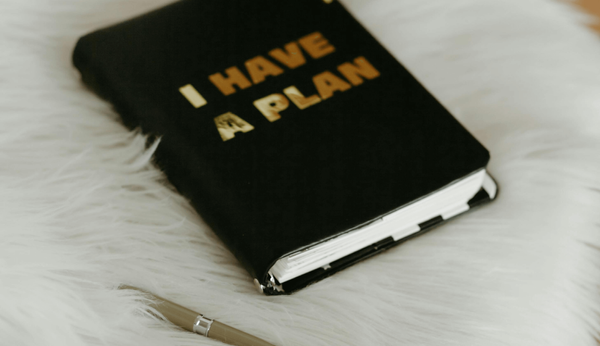In exactly 3 days, it will be my 5th month in Joburg and I’ve bagged my first big-girl job, moved into my first apartment and learned a whole lot of “real-world” lessons. Now that I’ve settled into my new surroundings, I can look back on my transition from university to adulthood with more clarity and share some lessons that I’ve learned.
There is something about moving to a new city (whether you’re familiar with it or not) that can feel like an endless cycle of discomfort. But this is a good thing — it's also called growing up. Packing my whole life, leaving my friends and family, my sense of comfort, favourite brunch and coffee spots, the BEACH (I’m still beach sick) was very overwhelming, and nothing could’ve prepared me for the transition. I also found out quite quickly that enjoying the newfound freedom can be quite expensive.
Looking for an apartment
Moving is an expensive activity that needs a lot of planning (something I wish I knew earlier). From finding a place to stay and paying a deposit, rent and admin fees to furnishing. Apartment hunting can be daunting but also very exciting, nothing screams "you’re an adult now" like looking for your own place to stay. You have to figure out what you can afford, the location you think is most suitable for you and of course, the most important task of doing viewings. I find viewings to be important because this is the only chance you get to check the quality of the apartment beyond the online pictures. What I found useful when I was looking at places was:
- Checking everything: and by everything I mean EVERYTHING! When you’re on the apartment tour check if all the doors and windows close properly, flip on every light, check walls for damp, check if the cupboard space is big enough for you. If something doesn’t work, also take the chance to get confirmation if it is going to be fixed.
- Asking questions: most places require you to pay a utility bill (electricity and water) and I found it especially important to find out the average monthly utility bill to have an idea what I might have to pay monthly.
- Amenities: if the place has any amenities, like a pool or clubhouse, ask to see them.
- Parking: Also enquire about parking space even if you don’t have a car, because you might have guests with cars and this can cause a lot of headaches down the line when your visitors are getting yelled at by angry neighbours.
- Take pictures and videos: it’s important to take pictures and videos of the place, in case you want to refer back to it, especially if you’re viewing more than one place.
Bills, Bills, Bills
This is not a complaint, I’m proud of how I’ve managed to stay on top of things, stick to my budget and pay my bills on time, but running a household is hard, and in hindsight I definitely did not give my mom enough credit.
I am lucky enough to have a housemate (my sister) and I say lucky, because that means my living expenses are split in half which is something I would recommend especially to young professionals who are just starting out. Sharing an apartment with someone allows you to cut down on costs significantly because you will have someone to share the big expenses like rent and utility bills with.
One of the mistakes I made in the beginning is not having a budget in place. I realised that after paying my expenses, the rest of my salary literally disappeared, and I couldn’t quite point out where my money was actually going. When I did draw up a budget and stuck to it, I became a bit too frugal and felt guilty if I spoiled myself, even if I could afford to. I’m very proud of my budgeting skills, but I am also learning that it is okay to buy myself things and pay for experiences that make me happy. So, I started including that in my budget as well.
Here are some things you might need to include in your budget:
- Savings and Investment: This should be on the top of your list because one of the first things you need to do is pay your future self first. Saving for an emergency fund is great for all the unexpected emergencies that aren’t included in your budget.
- Deposit: when you decide to rent a place, one of the first things you have to do is pay a 1 or 2 month rental deposit (so you might want to stay at home a month or two longer to save up for this before your move).
- Rent: this is likely going to be the biggest expense and you need to factor in your other expenses to make sure that after paying rent you have enough money to pay all your other expenses as well (unless you’re okay with eating noodles for the rest of the month). The recommendation is that rent is only up to 30% of your salary, if possible.
- Utilities: you normally pay a separate bill for your electricity and water and according to your consumption this could vary from month to month and by season - in winter you may use a heater and in summer an air-con so the costs may vary.
- Groceries: although this may not be a large expense, it is a necessity and forms part of your monthly expenses.
- Transportation: Whether you have your own car or use Uber or a taxi to get around, the cost for petrol and public transport also forms part of your expenses so you want to factor in these costs. It’s also important to include the budget for the maintenance of your car in your monthly savings to save you from having to pay a big bill you did not budget for.
- Entertainment: don’t forget to leave some money to have some fun too!
You might also want to include gym membership, birthday gifts, your Netflix subscription, medical aid, insurance, and future holidays you want to save towards.
The past 5 months have been a whirlwind (still can’t believe it’s only been 5 months) full of new beginnings, challenges, lessons and adulting. I’m grateful for this new journey and all the changes that took place made me a bit braver. I’ve been reading Franc’s weekly blog for some finance tips and slowly working through the academy lessons to really up my game so I can become a pro with my money.

